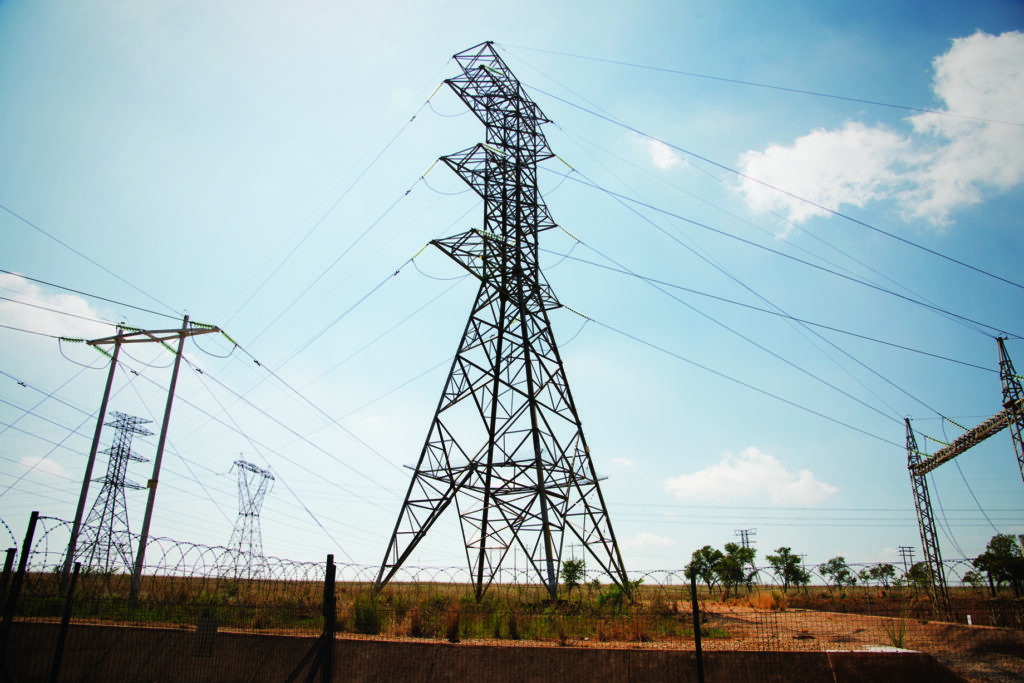As Eskom undergoes significant restructuring, the energy regulator’s recent approvals are causing concerns among the public regarding the potential implications for South Africa’s poorest electricity consumers.
The National Energy Regulator of SA (Nersa) has greenlit two critical licenses for the establishment of the National Transmission Company of SA. While this is part of a broader plan to turn Eskom’s transmission division into a standalone entity and stimulate the electricity trading market, there are growing apprehensions about how these changes will affect everyday consumers.
Public discourse centers around whether the creation of the National Transmission Company of SA and the ensuing liberalisation of the electricity market might inadvertently result in higher electricity costs, hitting the pockets of the most economically vulnerable. Critics argue that as the state-owned monopoly is broken down, the lack of uniform pricing and potential profit motives of new players could lead to price hikes.
A nod to these changes, Nersa approved the transmission license application in July, followed by the company’s trading and import-export licenses. The latter will permit the transmission company to purchase and sell electricity, bridging Eskom power stations and independent power producers (IPPs).
There is hope among officials that these moves will attract much-needed private sector financing, with estimates suggesting that around R210bn is required over the next decade to bolster the transmission network. However, some worry that this pivot towards private financing may shift the economic burden onto consumers.
Public enterprises minister Pravin Gordhan celebrated the new licenses, seeing them as a transformative step for the electricity industry. He asserted the National Transmission Company of SA would usher in “new investment through public-private partnerships” to address South Africa’s power crisis.
The establishment of the transmission company has also raised eyebrows regarding its potential dominance in power import-export within the Southern African Power Pool. The company, although created at the end of 2021, is still awaiting the appointment of an independent board and final agreements with Eskom’s lenders.
Eskom noted that lender concerns are actively being addressed, emphasizing the complexities of their internal processes. The department of public enterprises assured that they are on the verge of finalizing the transmission company board, ensuring it will be equipped with the necessary expertise.
As South Africa stands on the cusp of a potentially revolutionary shift in its electricity industry, it’s clear that the balance between ushering in a new era of energy and protecting the interests of consumers will be a critical one to strike.
